|
Kirstie Myvett interviews author Michelle Coles on her debut novel, Black Was the Ink. Congrats on your debut Black Was the Ink! I’m a HUGE historical fiction fan and I’m so glad I read your book. It’s now one of my favorites. Tell us what inspired you to write this book. Black Was the Ink was inspired by the Mother Emanuel massacre that took place in Charleston, South Carolina on June 17, 2015. At the time of the massacre, I was on maternity leave from my job as a civil rights attorney, and I struggled with how to prepare my infant son to enter a world filled with so much inexplicable hatred towards people who look like him. I was surprised to learn that Denmark Vesey, the leader of one of the largest attempted slave rebellions, founded the congregation that became the Mother Emanuel Church, and Pastor Richard ‘Daddy’ Cain, one of the first Black members of Congress, led the church during Reconstruction. Also, Booker T. Washington spoke there, and Coretta Scott King led a protest on behalf of striking hospital workers from the church’s steps where she was met by bayonet-wielding members of the South Carolina National Guard. Suddenly, the link between slavery, the collapse of Reconstruction, the civil rights movement, and present-day racial injustices crystallized for me, and Black Was the Ink was born. Your transitions from modern day scenes to the 19th century flowed so naturally. Did you set out to write a contemporary/historical book or did it just happen that way? I did. Because I wrote Black Was the Ink with my children in mind as the audience, I wanted to write something that they could relate to while gaining a deeper understanding of how the past influenced the present. Having a kid from the present travel to the past so he could see for himself what it was like for Black people as they were emerging from slavery seemed like the perfect way to do that. Readers will certainly appreciate the rich historical stories weaved throughout the book. (I especially enjoyed seeing one of the Downing’s mentioned since I’ve been working on a book about the patriarch for some time.) I know your background as a civil rights attorney played a role in your vast historical knowledge, but tell us about your process and how long it took you to compile all this research for the book? Surprisingly, I hardly knew anything about the Reconstruction Era before I started writing Black Was the Ink. I figured that if I, as a 9th generation Louisianan, civil rights attorney, and HBCU law graduate, didn’t know this history, who would? I loved writing this book because I was able to unearth a fascinating and extremely consequential period in American history and present it in a way that was both entertaining and easy to understand. I spent about 9 months researching the Reconstruction Era before I began writing. Some of my resources included: · Philip Dray’s Capitol Men, a non-fiction account of the first Black members of Congress; · W.E.B. Dubois’s groundbreaking Black Reconstruction, which was one of the first books to challenge the dominate narrative that white supremacists peddled which claimed the Reconstruction Era was an abject failure; · Several books by Eric Foner, the preeminent modern scholar on the Reconstruction Era; · A first-hand account of John Roy Lynch, a Black Congressman from Mississippi in the 1870s, called The Facts of Reconstruction · Charles Lane’s The Day Freedom Died about the Colfax Massacre · But my favorite resource was the Library of Congress’s Congressional Record because it gave me access to the actual words of the first Black member of Congress from floor debates. Although these came out after I had written my manuscript, Henry Louis Gates’ documentary Reconstruction and Netflix’s Amend are also excellent. I truly loved and cared for the protagonist, Malcolm, a lot. He’s such a well-rounded kid, and you captured his voice perfectly. I had many laugh out loud moments, especially when he would use modern lingo in the 19th century and catch himself. I’m curious how you nailed that voice down so well. Thank you! My husband was a big help. He would read drafts and sometimes say, “A guy wouldn’t talk like that!” Also, I am a mom of 4 boys. They are all young, but I tried to imagine their teenage selves. And I have been blessed with really great friendships with guys my whole life, including my twin boy cousins that are the same age as me. Tragically, one of the twins died in a car accident right before the book went to print, so I changed the name of Malcolm’s cousin to Kliff (one of Baton Rouge’s finest) in honor of him. Their voices were all with me as I wrote Black Was the Ink. Malcolm’s relatives embody southern hospitality. Did you rely on your own memories of visiting family in the south to create that familial bond? Definitely. I was born in Baton Rouge and most of my extended family still lives there, so southern hospitality is natural to me and what I embody no matter where I am physically. You come to my house, you’re gonna be treated like royalty and eat good! What do you want young readers to get from Black Was the Ink? I hope this story makes Black children feel proud and empowered from witnessing the strength of their ancestors. I want them to know that no matter what they are taught in schools, Black people have always been more than slaves. The Reconstruction Era is proof because we came out of slavery READY: ready to learn, ready to reunite our families, ready to innovate, ready to own land and businesses, and ready to participate in democracy. I want them to know that the inequalities and injustices that they see and experience are not their fault. It’s not because Black people didn’t work hard or try. It’s because some people used the immense power of our government to keep Black people from enjoying the privileges of American citizenship. For white children and children of other races, I want them to feel empowered to be a part of the change that is necessary to make America a more just nation. I want them to look at the pervasive racial inequalities that exist and question their root cause. I want them to use their voice as part of the American Majority to demand that we undo the harm caused by denying Black people equal citizenship rights for centuries. Malcolm’s illustrations throughout the novel are really special. Tell us about the illustrator and what were your thoughts when you saw those sketches. My publisher, Lee and Low, found the illustrator Justin Johnson, and I think he is incredible! He is a middle school art teacher in Washington D.C., which was perfect since Malcolm was from Washington D.C., and he captured Malcolm’s style and essence beautifully. His interior art was magical and really helped to bring the past to life. When I saw how everything came together, I was overjoyed! What are you working on now? I am writing a historical fiction novel about the Haitian Revolution that also has a past to present angle. My husband is Haitian-American so my children are half-Haitian. I’m excited to write something to help them understand this part of their background better. What are your favorite writer tools, apps, etc.? I am really bad at keeping up with technology. My phone and computers are usually at least 5 years old, and I only got on social media last year to help spread awareness about my book. I’m not aware of any apps (but please let me know if you have a recommendation), but I do use excel. Since my stories involve multiple timelines, an excel spreadsheet is really helpful to keep those threads organized. When I’m not writing you can find me….? Hanging out at home with my husband and four sons. They are my pride and joy and whom I am doing all of this for. What are you currently reading? I’m grateful that someone recommended that I read Stephen King’s On Writing. What a great resource for writers! I’m also reading several books about Haiti including The Black Jacobins, Haiti: the Aftershocks of History, and Dear Haiti, Love Alaine. Do you have any advice for aspiring MG/YA authors? I would suggest that they think about what kinds of stories they needed when they were young that would have had a positive impact on their development and worldview and then get to writing! Michelle Coles is a debut novelist, experienced civil rights attorney, and mother of four. She is a proud graduate of Howard University School of Law and the University of Virginia. As a 9th generation Louisianan, she is highly attuned to the struggles that African Americans have faced in overcoming the legacy of slavery and the periods of government-sanctioned discrimination that followed. Her goal in writing is to empower young people by educating them about history and giving them the tools to shape their own destiny. You can keep up with her work by signing up for updates on her website: www.michellecoles.com or following her on Instagram @michellecolesauthor. For speaking engagements, Michelle is represented by The Lavin Agency: https://www.thelavinagency.com/michelle-coles.
Paige Pagan
5/25/2022 04:13:49 pm
I was so grateful to be in attendance at Michelle Coles’ presentation for the Black Lives Matter at Schools Curriculum Fair on her new book and on some DC history. She’s so knowledgeable and powerful. It would be amazing to broaden the reach of those who have access to this text, especially in light of all that is happening in the world. Comments are closed.
|
Archives
July 2024
Categories
All
|
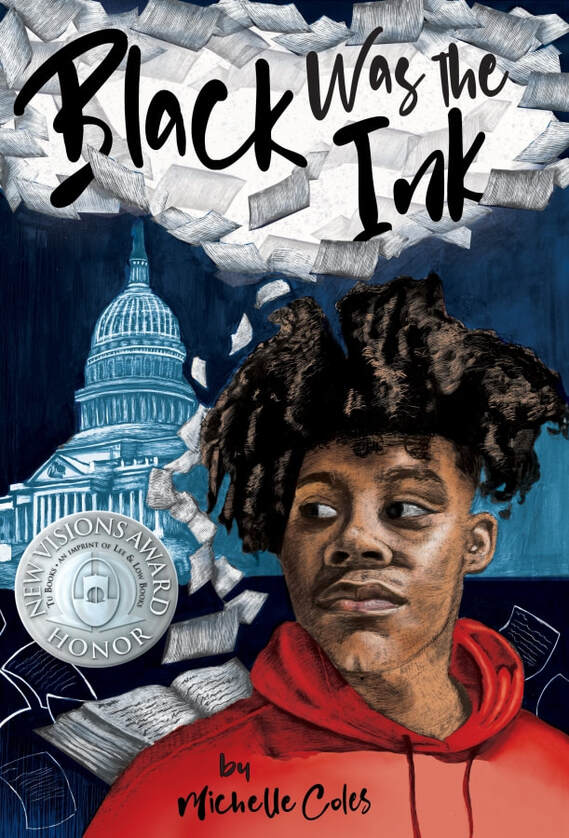
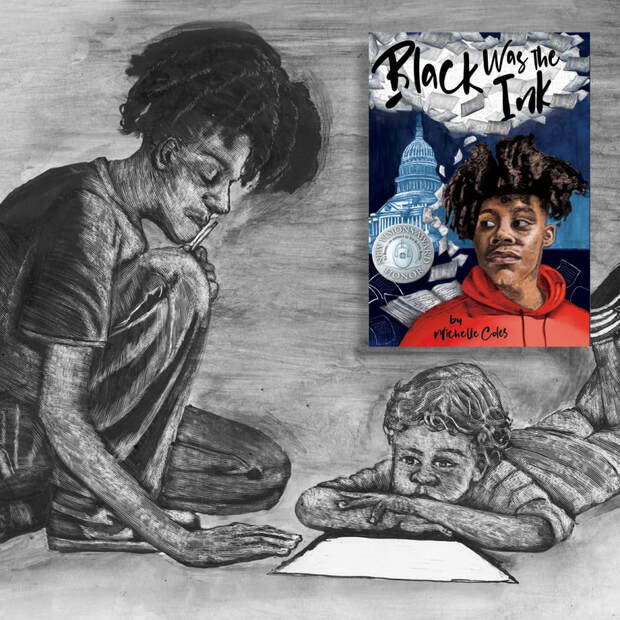
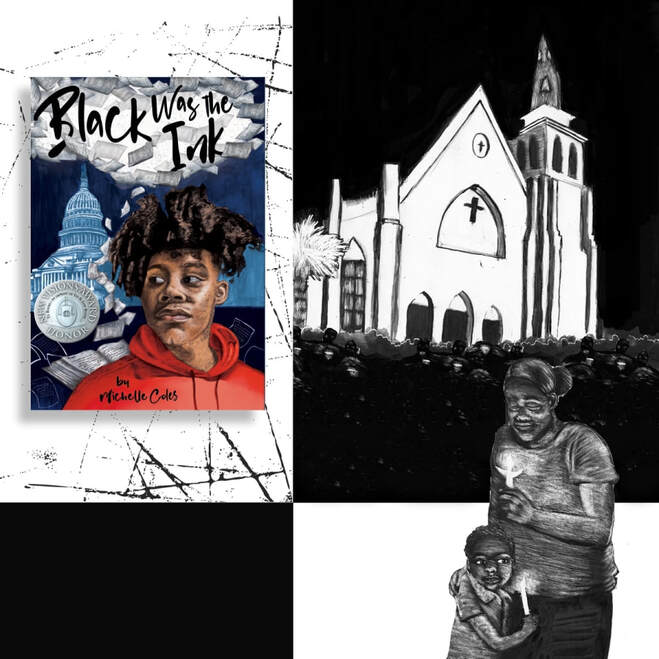
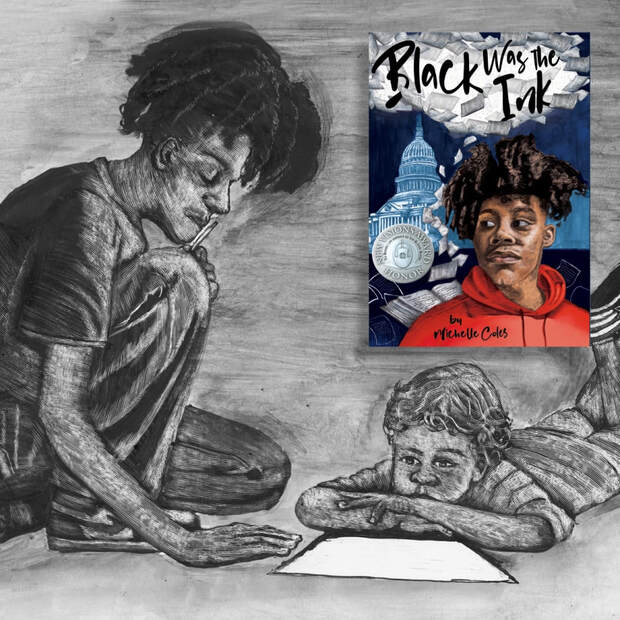
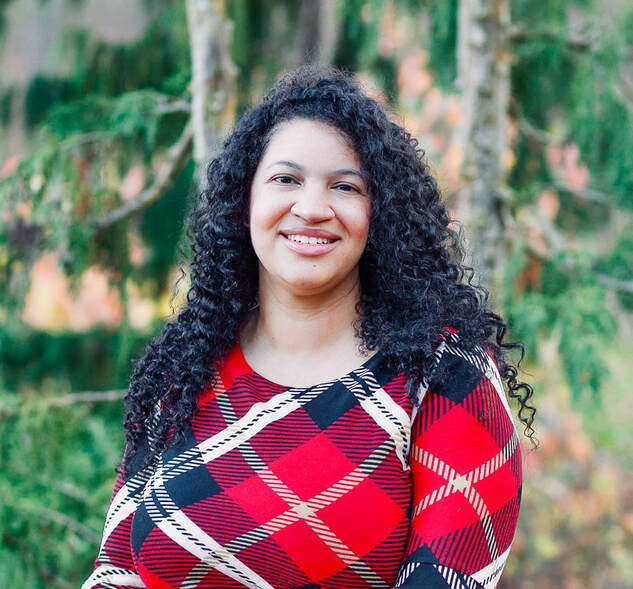
 RSS Feed
RSS Feed



